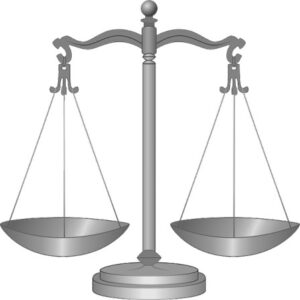Basic Knowledge and Information that managers must have or may need to use in making decisions and taking action. Google search suggest some of the points to be sucessful as a leader.
Command Basic Facts:
Successful managers know what’s what in their organization. They have a command of such basic facts as goals and plans (long and short-term), product knowledge, who’s who in the organisation, the roles and relationships between various departments, their own job and what’s expected of them. If they don’t have all this information at hand, they where to get it when they need it.
Relevant, Professional Knowledge:
This quality includes technical knowledge, (e.g., production technology ), marketing techniques, engineering knowledge, relevant legislation, sources of finance and knowledge of basic background management principles and theories (e.g planning, organisation and control)
Special Skills and Attributes that directly affect behaviour and performance.
Read more: Navigating the Entrepreneurial Skills: World of Innovation and Risk
Continuing Sensitivity to Events:
Successful manager’s sensitivity to events enables them to tune into what’s going on around them. They open themselves upto hard information (such as the feelings of others). Managers with this sensitivity respond appropriately to situations as they arise.
Proactive Inclination to Respond Purposefully to Events:
Effective managers have goals to achieve rather than merely responding to demand. They plan carefully in advance, but they also respond to emergencis. When making such responses, effective managers consider long-term aims and goals. Less successful managers respond to pressures in relatively uncritical ways.
This ability also includes qualities such as seeing a job through being dedicated having a sense of mission and taking responsibility for things that happen rather than passing the buck.
Analytical, Problem – Solving and Decision/Judgment-Making Skills:
Managers concern themselves with decision-making. Therefore, they must develop judgment-making skills, including the ability to cope with uncertainty. They need also to strike a balance between allowing subjective feelings to guide them without completely throwing out objective logic.
Social Skills and Abilities:
Managers need interpersonal skills to communicate, delegate, negotiate, resolve conflict, persuade, sell use respond to authority and power.
Read more: Why Self-Esteem is so important
Emotional Resilience:
Emotional stress arises in managerial positions because they work in situations that involve authority, leadership, power, interpersonal conflict, meeting deadlines all with some degree of uncertainity and ambiguity. Successful managers need resiliency to cope.
Mental Agility and Creativity:
Mental agility includes the ability to grasp problems quickly, to think of several things at once, to switch rapidly, to think of several things once, to switch rapidly from one situation to another, to see quickly the whole situation (rather than ponderously ploug through all its components) and to “think on one’s facts.” Because of the hectic nature of managerial work, successful managers must possess these abilities.
Creativity means the ability to come up with new responses and to recognize useful approaches. It involves not only having fresh ideas, but also the ability to recognize good ideas when they come from other sources.
Balanced Learning Habits and Skills:

Successful managers learn independently. They take responsibility for the rightness of what they learn, rather than passively depending on an authority figure or expert. Successful managers can think abstractly as well as concretely. They relate concrete ideas to abstract ones (and vice versa) rather quickly. This ability, sometimes known as “helicopter mind”, enables them to generate theories and to develop their own practical ideas.
Self-Awareness:
The way managers view their roles affects their values, their feelings, strengths and weakness and a host of other personal factors. Therefore, we must help them be aware of their abilities and the part they play in determining leadership behaviour.
Every one can become a Leader:
Everyone can build one’s own leadership skills and use them motivate and influence others. The qualities of leadership are basic, commonsense ideas that can make anyone a more dynamic leader.



